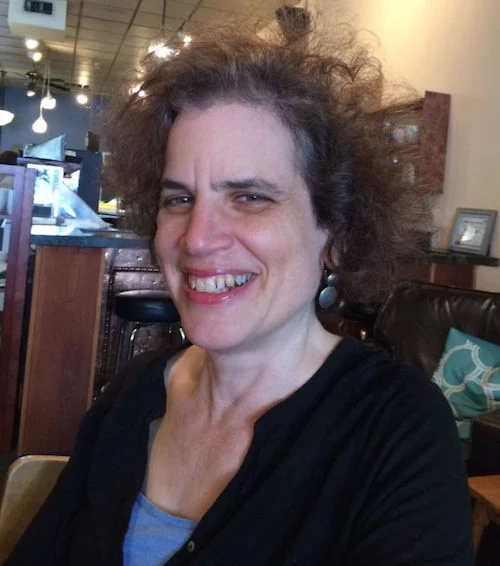By Carlo Wolff | Staff Reporter
Cleveland Jewish News
Cleveland Heights filmmaker Laura Paglin goes deep and disturbing in “Unseen,” her powerful documentary about Anthony Sowell. Interweaving interviews with survivors of the Mount Pleasant killer and archival and contemporary footage, she paints a harrowing picture of a Cleveland neighborhood that poverty has rotted to the core...
Over all hovers crack cocaine, which Sowell survivor Vanessa Gay says flooded Mount Pleasant like Hurricane Katrina. Paglin brands her movie with images of its title seeming to float through wisps of crack smoke; Simone Giuliani’s music, mostly lush and brooding, contributes to its weird, sad menace.
“Unseen” screened at the Cleveland International Film Festival on April 2, 3 and 4. Paglin’s previous documentaries, “Facing Forward: A Student’s Story” and “The Nightowls of Coventry,” screened there five and 12 years ago, respectively.
Here, Paglin has turned her sharp and compassionate eye to an inner-city neighborhood rife with crack, prostitution and poverty. It’s a rough place; one of the most startling comments comes from Assad Tayeh, owner of a store across the street from Sowell’s residence. Sowell and his victims patronized Tayeh’s store.
Tayeh says he wishes “there were a million Anthony Sowells” because “he cleans up the garbage.”
That “garbage” included Gay, who testified in the trial that led to Sowell’s death sentence; Latundra Billups, who now calls herself a survivor and not the victim she was; and by association, Anthony Dozier, whose mother, Crystal, Sowell killed, as well as Tessa Garrison, Sowell’s sister, who said he was always “a mean child.”
In late 2011, Sowell was convicted on 84 of 85 counts of murder, kidnapping and rape linked to the bodies of 11 women Cleveland police discovered inside and buried in the backyard of his Imperial Avenue home.
Stench was a major clue, though city officials blamed it on Ray’s Sausage, a factory a few steps from Sowell’s white duplex. So were complaints city police routinely discounted, apparently because drug addicts and prostitutes made them.
It wasn’t until police went to arrest Sowell for Billups’ rape in October 2009 that they came across two bodies, but no Sowell. They ultimately found him in an abandoned house. The story went worldwide, bringing Cleveland unwanted notoriety. Paglin’s movie does nothing to burnish the city’s image. But it sets the record straight, giving props to people disenfranchised on far too many levels.
Just last week, Sowell’s attorney appealed Sowell’s death sentence to the Ohio Supreme Court, urging it to return it to Cuyahoga County for a retrial. Sowell remains on death row at the Chillicothe Correctional Institution.
“Unseen” is more than timely.
